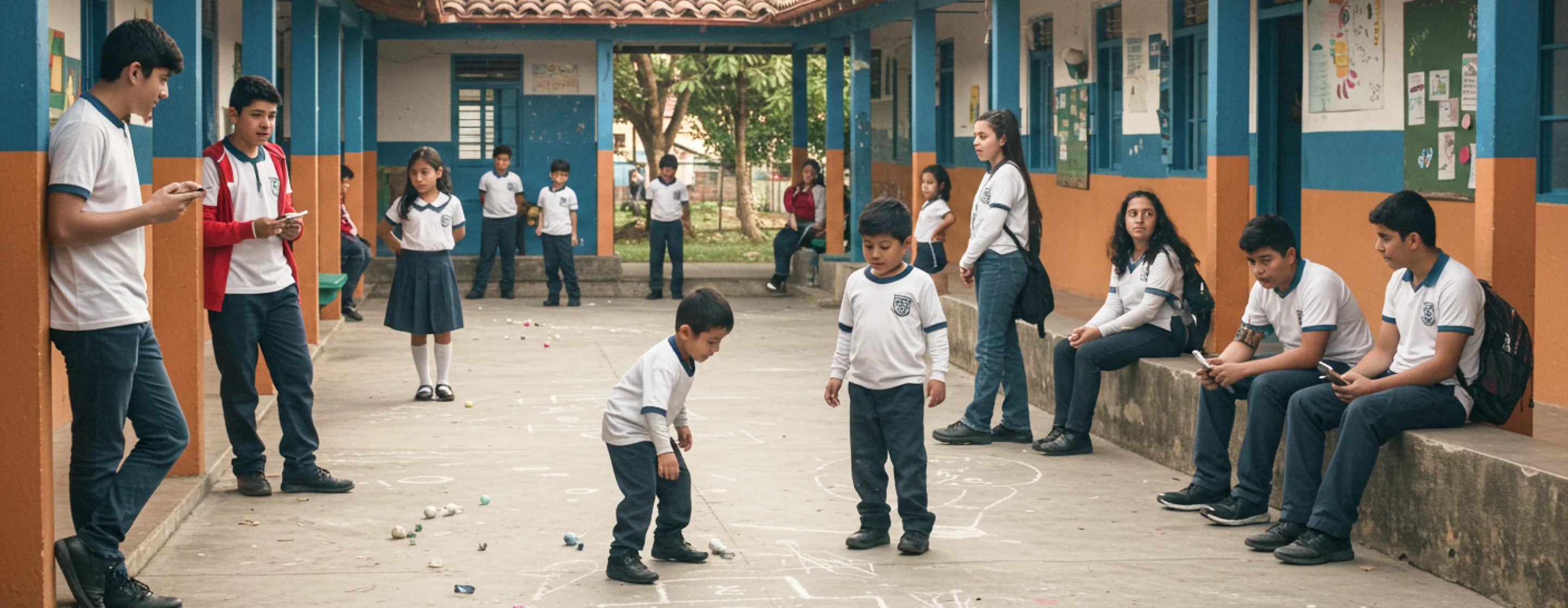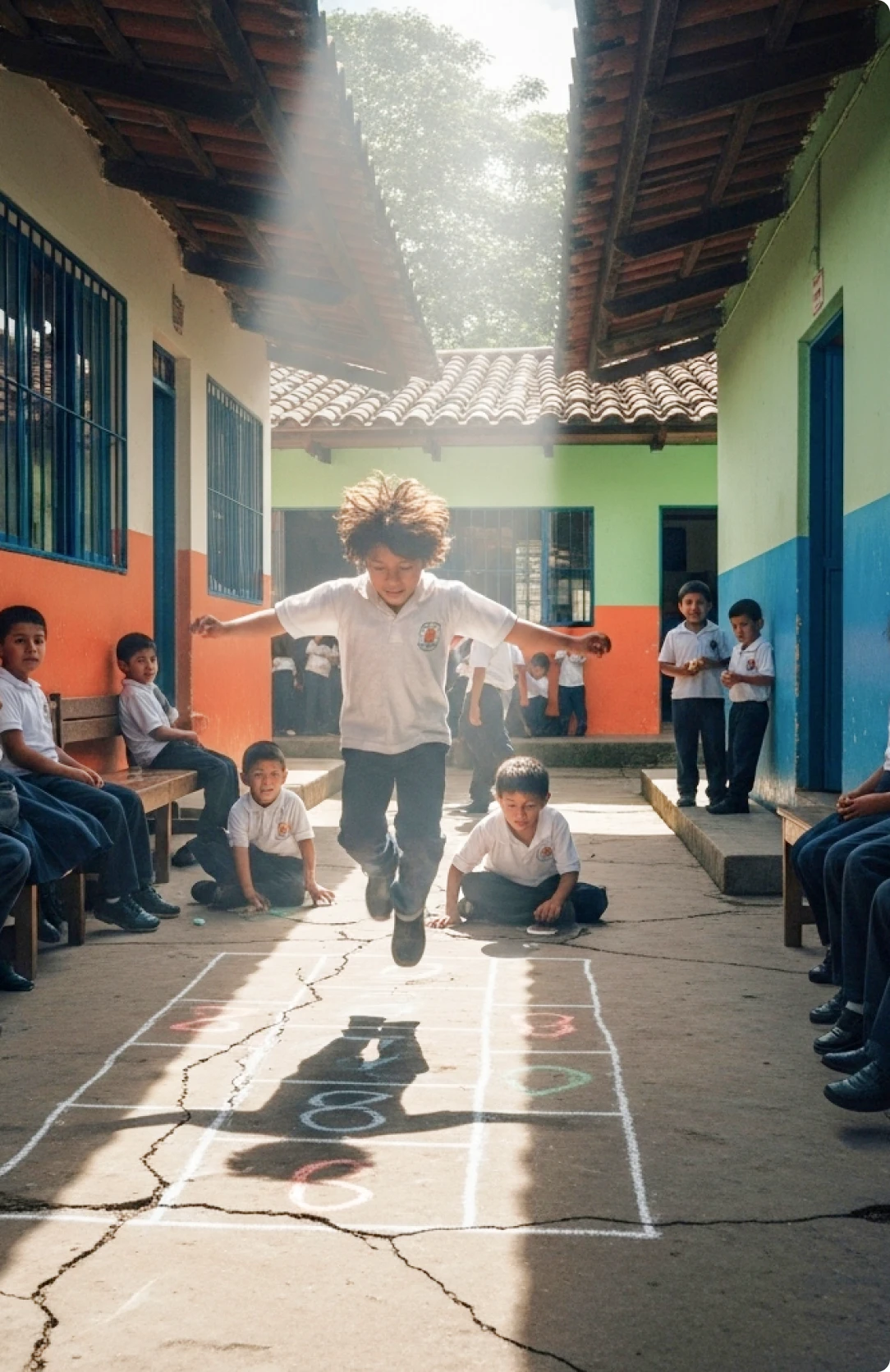The VenRePS Kids Survey is a longitudinal study designed to assess the development outcomes of Venezuelan and Colombian migrant children in Medellín, Colombia. Conducted in 2022, the study includes 3,100 Venezuelan and Colombian children aged 5 to 17. It examines how displacement affects children’s access to services, cognitive and socioemotional development, mental and physical health, and exposure to child labor.


The study finds substantial disparities between Venezuelan and Colombian children, particularly in vocabulary and math performance (cognitive skills), and in physical development indicators such as height-for-age and BMI.
Despite large gaps in cognitive and physical domains, the study finds no significant differences in socioemotional skills or mental health between migrant and host children—suggesting shared trauma may play a role.
Access to public services—especially education and health—plays a key role in closing development gaps over time. Venezuelan children who have been in Colombia longer and enrolled in school show better outcomes.


















Peer-reviewed studies exploring the effects of Venezuelan migration and regularization policies on migrants’ well-being, labor markets, public services, and host communities.